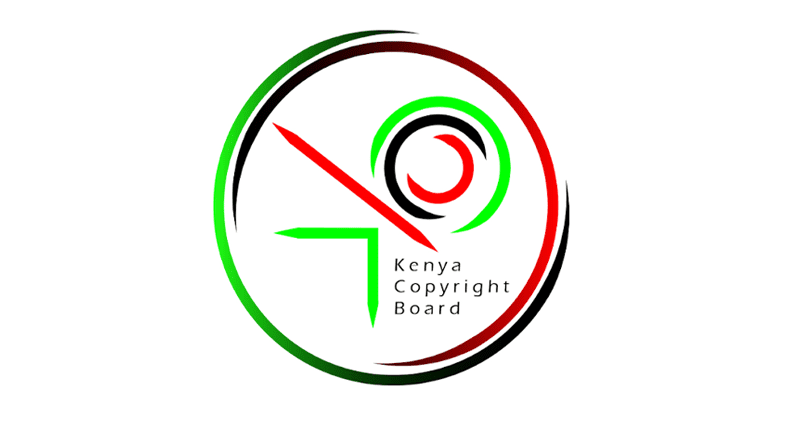Related blogs & news
Insights into the Public Procurement & Asset Disposal Regulations, 2020
The Procurement and Asset Disposal Act, 2015 (the “Act”) establishes the procedures for the procurement and disposal of unserviceable, obsolete or surplus stores and equipment by public entities....
Amendments to the Insolvency Act No. 18 of 2015
The Business Laws (amendment) Act, 2020 (“the Amendment Act”) was signed into law on 18th March, 2020. The Act amends sixteen (16) pieces of legislation to facilitate the ease of doing business in Kenya. This alert highlights amendments to the Insolvency Act, 2015....
Presidential assent of six new bills into law
On Thursday 9th July 2020, President Uhuru Kenyatta signed six Bills into law. The Bills had been passed by the National Assembly and the Senate and were forwarded to the President for assent into law as required by Article 115 of the Constitution of Kenya 2010....
Introducing Our Essential Corporate Policies Package
Risk management failures in major corporations have captured the headlines for many years. These include governance failures (like the recent Greensill Capital scandal), corruption and bribery cases (like the Smith and Ouzman Limited case), environmental catastrophes (such as Bhopal gas tragedy and Seveso disaster) as well as sexual harassment cases (such as those highlighted by the “Me Too” movement). ...
Is Deadlock Between the Directors and/or Shareholders a Sufficient Ground for Making of a Liquidation Order?
Section 424 of the Insolvency Act, 2015 (hereinafter “the Act”) provides for the circumstances under which a company can be dissolved by Court which includes; when it is just and equitable to do so....

Share this blogLinkedIn Twitter Facebook Print